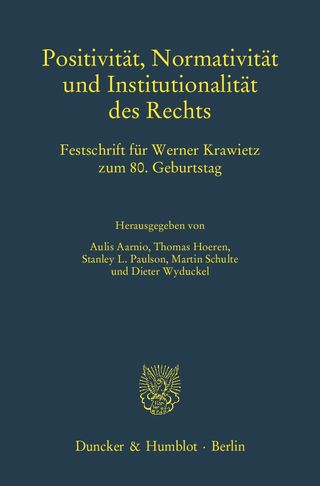?
In the Quest of Global Legal Pluralism
The notion of globalization is relatively imprecise, and can be used loosely to embrace a large variety of different modern phenomena. Theorists abuse the G-words (a term of William Twining to demonstrate radical changes, or at least the changes which seem to be radical to some philosophers. Generalized references to new (quasi-)realities allow theorists to escape a long and laborious examination and comparison of legal phenomena in the past and in the present. This new kind of reductionism does not seek to describe complex systems through one or several prevailing elements as the classical scientific paradigm does. On the contrary, it is claimed that the growing complexity of the world requires a multidimensional approach which tries to embrace every aspect of reality.
In book
